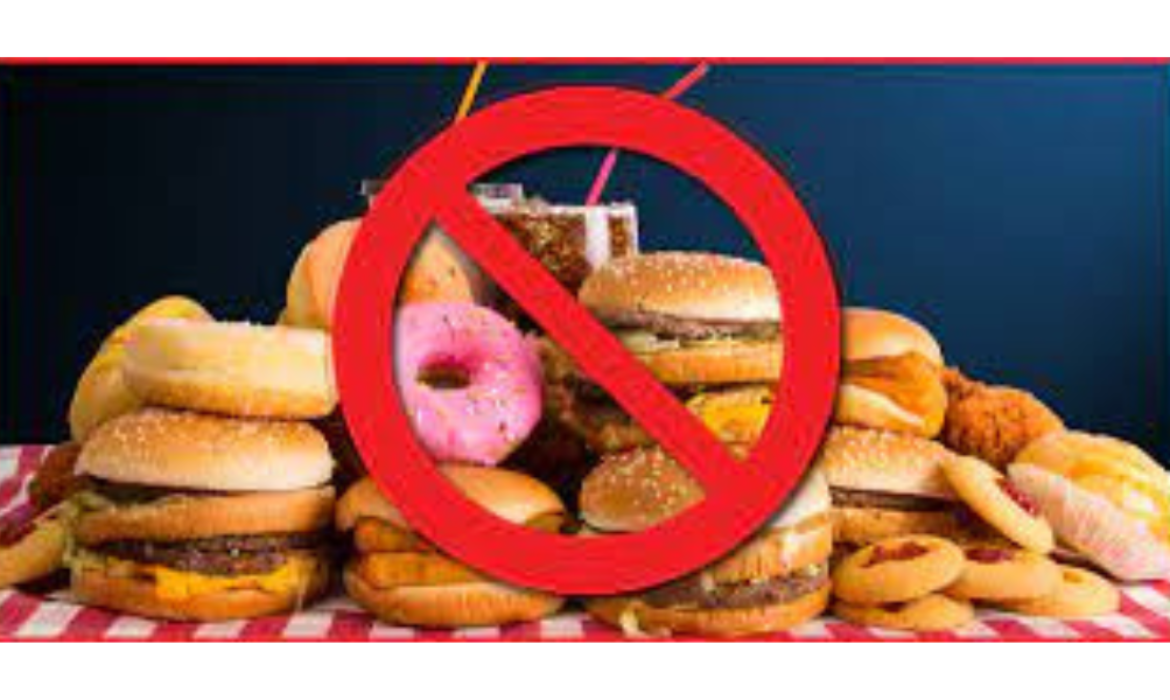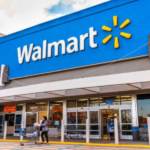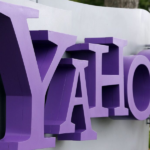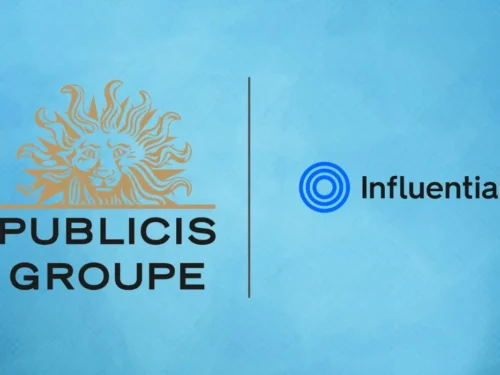UK Government To Ban Junk-Food Advertising From 2023 To Curb Obesity
In an attempt to live up to his pledge to address the UK’s augmenting obesity crisis, Prime Minister Boris Johnson has announced a ban on junk food advertising online and before 9 pm on TV starting from 2023.
The ban on unhealthy foods – those high in sugar, salt, and fat- is implemented before a 9 pm watershed, when most children could be viewing. This may cost TV broadcasters including ITV, Channel 4, Channel 5, and Sky more than £200 million in income every year.
The new regulations, which will be among the harshest marketing limitations in the world, will have a significant influence on the more than £600 million spent yearly by businesses on all food advertising online and on television.
According to research, one in every three youngsters leaving primary school is overweight or obese, as are nearly two-thirds of adults in England.
According to the government’s consultation on proposals to implement a ban last year, children under the age of 16 were exposed to 15 billion junk food advertising online in 2019, up from 700 million two years earlier.
The UK government’s Health Secretary, Matt Hancock said –
“I am determined to help parents, children and families in the UK make healthier choices about what they eat. We know children spend more time online. Parents want to be reassured they are not being exposed to adverts promoting unhealthy foods, which can affect habits for life.”
The online ad ban would apply to all paid forms of digital marketing, from Facebook advertising to Google sponsored search results, text message promotions, and paid activity on sites like Instagram and Twitter.
It is estimated that more than £400 million is spent each year in the UK on internet advertising for food products.
The new limitations, however, include a substantial number of exemptions, implying that they would fall short of the total ban suggested last year, which the advertising and broadcasting industries deemed too “indiscriminate and draconian”.
The Road Ahead
So, what does such a ban mean for popular fast-food chains such as McDonald’s and KFC?
Online and on TV, brand-only advertising will continue to the allowed. So, companies such as McDonald’s, which is typically linked with bad eating habits, will be permitted to advertise as long as no HFSS items appear. Brands will also be permitted to continue promoting their products through their own websites and social media profiles.
The government is also exempting a number of products from the ban after a proposed definition of junk food products last year would have prevented the promotion of items such as avocados, Marmite, and cream.
These will include products that are not traditionally considered “junk food,” such as honey and jam, but will also contain zero-sugar drinks and McDonald’s nuggets, which are not nutritionally classified as an HFSS product.
Small and medium-sized businesses (those with less than 250 employees) will be permitted to continue advertising junk food items.
Furthermore, firms that do not target consumers but are part of the food industry supply chain will be allowed to advertise HFSS products in the business-to-business market.
Junk food advertising will continue to be permitted via audio media such as podcasts and radio, and there will be no new limitations for the out-of-home sector, which includes billboards, poster sites, buses, and venues such as train stations and airports.
The items on the list, as well as the ban itself, will be reviewed every few years.
The government of the UK has always taken other steps to curb obesity in the country. These include a ban on advertising discount deals on unhealthy foods, rewarding people with shopping vouchers for losing weight and exercising under an incentive program. Furthermore, all restaurants will be asked to put calorie counts on the menu.
Author Profile
- Neha Shah
Latest Posts
 MarketingFebruary 26, 2022GroupM Launches Programmatic Marketplace, Result of Licensing Deals with Magnite and PubMatic
MarketingFebruary 26, 2022GroupM Launches Programmatic Marketplace, Result of Licensing Deals with Magnite and PubMatic MediaFebruary 25, 2022In a First, Walmart Reveals its $2.1B Advertising Revenue!
MediaFebruary 25, 2022In a First, Walmart Reveals its $2.1B Advertising Revenue! MarketingFebruary 24, 2022Roku’s Streaming System is Clearly it’s Bonanza for Q4!
MarketingFebruary 24, 2022Roku’s Streaming System is Clearly it’s Bonanza for Q4! TechnologyFebruary 22, 2022Yahoo Launches Cookieless ID Targeting Solutions for the Open Web
TechnologyFebruary 22, 2022Yahoo Launches Cookieless ID Targeting Solutions for the Open Web










